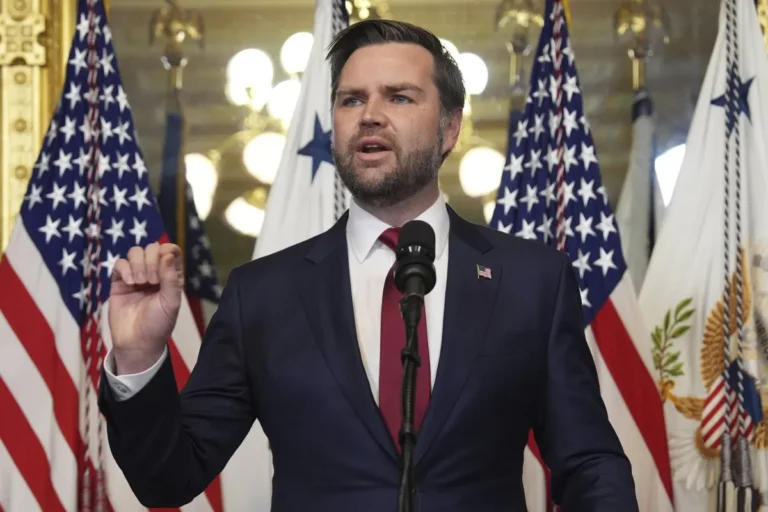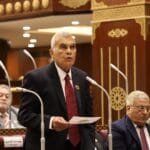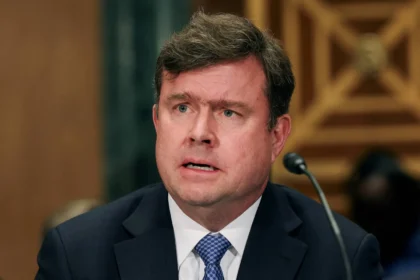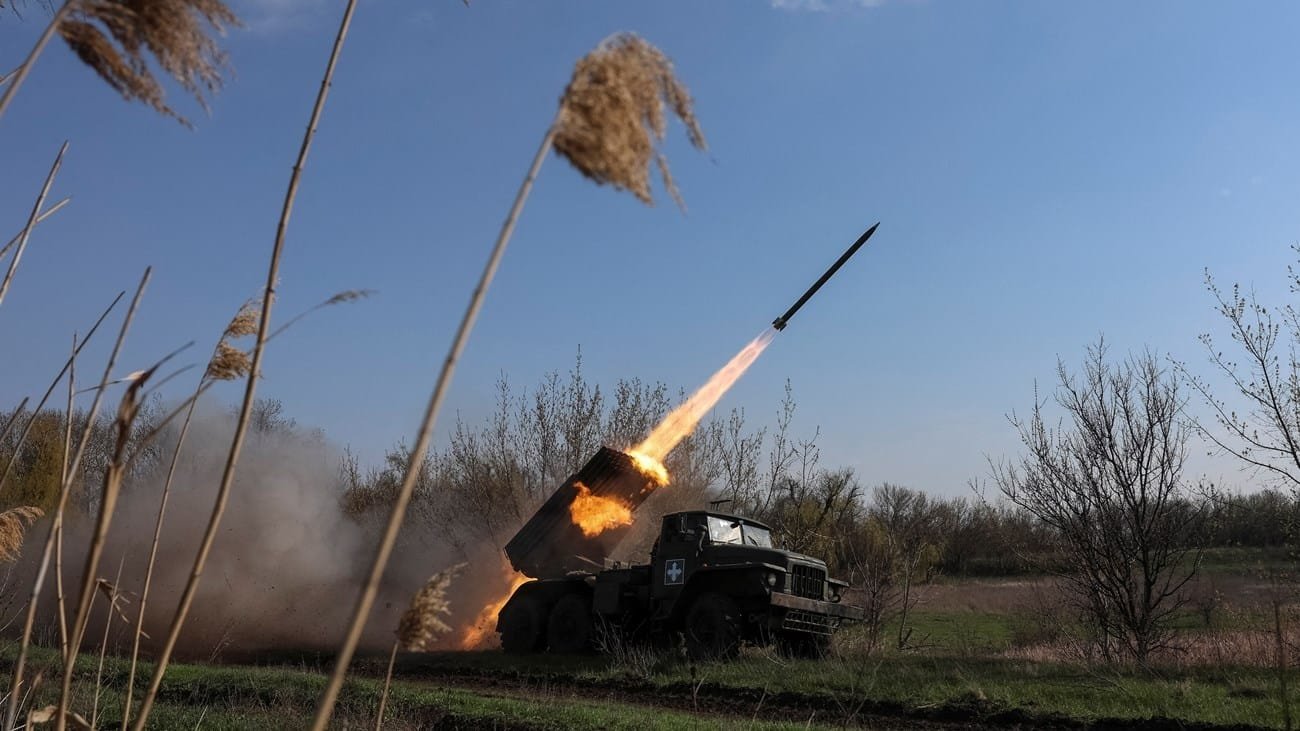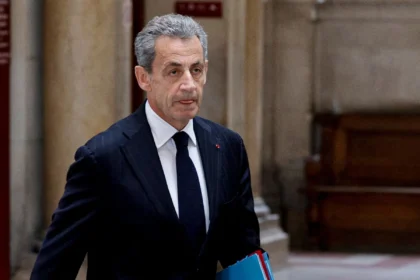Tel Aviv, Israel – Israeli media, including Channel 12, reported that US Vice President J.D. Vance plans to travel to Israel next Monday.
On an official visit aimed at discussing the implementation of the second phase of President Donald Trump’s plan for the future of the Gaza Strip. This coincides with the near completion of the first phase of the plan.
Visit priorities: political support and field arrangements
According to reports, Vance will meet with Israeli Prime Minister Benjamin Netanyahu and a number of senior political and military officials to discuss sensitive issues.
The most prominent of these is the completion of the first phase. This includes the handover of bodies, the exchange of detainees, and security deployment arrangements. It also includes preparations for an orderly transition to the second phase of the Trump plan.
As well as assessing the field and political situation in Gaza, in light of current developments.
Trump’s Plan: From Appeasement to Civil Administration
Trump’s plan for the “day after Gaza” phase includes several interconnected phases:
Phase One: A ceasefire, prisoner exchange, and troop withdrawal arrangements.
Phase Two: The formation of a Palestinian civil administration unaffiliated with any armed faction. Additionally, an Arab/Islamic security force will be established to ensure security and disarm the factions, most notably Hamas.
Reports indicate that the second phase still faces significant complications. These include defining the identity and tasks of the security force, as well as agreeing on the structure of local governance. Popular and regional acceptance of the proposed mechanism must also be ensured.
Vance: No US troops on the ground
In previous statements to “Meet the Press,” Vance said that “the release of the hostages could happen at any moment.” He also made it clear that Washington would not deploy ground forces in Gaza.
It will be satisfied with providing technical and political support, and guarantees through regional and international partners.
He also emphasized that the US administration’s actions are linked in time to domestic political events. This is especially true with the presidential elections approaching. This adds a strategic dimension to the visit.
Implementation Challenges: Risks and Tests
Observers warn that any delay in implementing the technical provisions of the first phase could lead to political and field confusion. This could occur, for example, through delays in the return of bodies or failure to arrange withdrawals. This could negatively impact the scheduling of the second phase.
The proposal also faces challenges related to the legitimacy of any new civil administration. Local acceptance in Gaza is sensitive. Furthermore, this period requires careful coordination between Arab parties and Israel to avoid a power vacuum or security instability.




